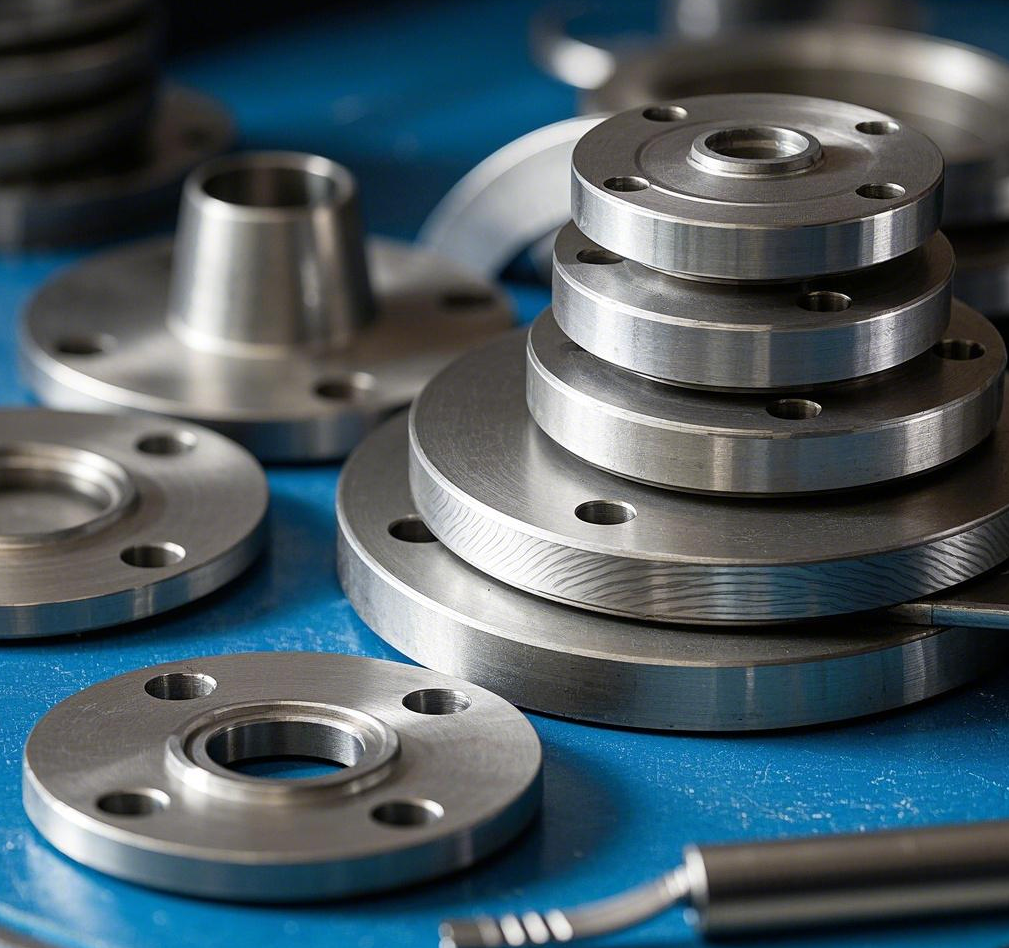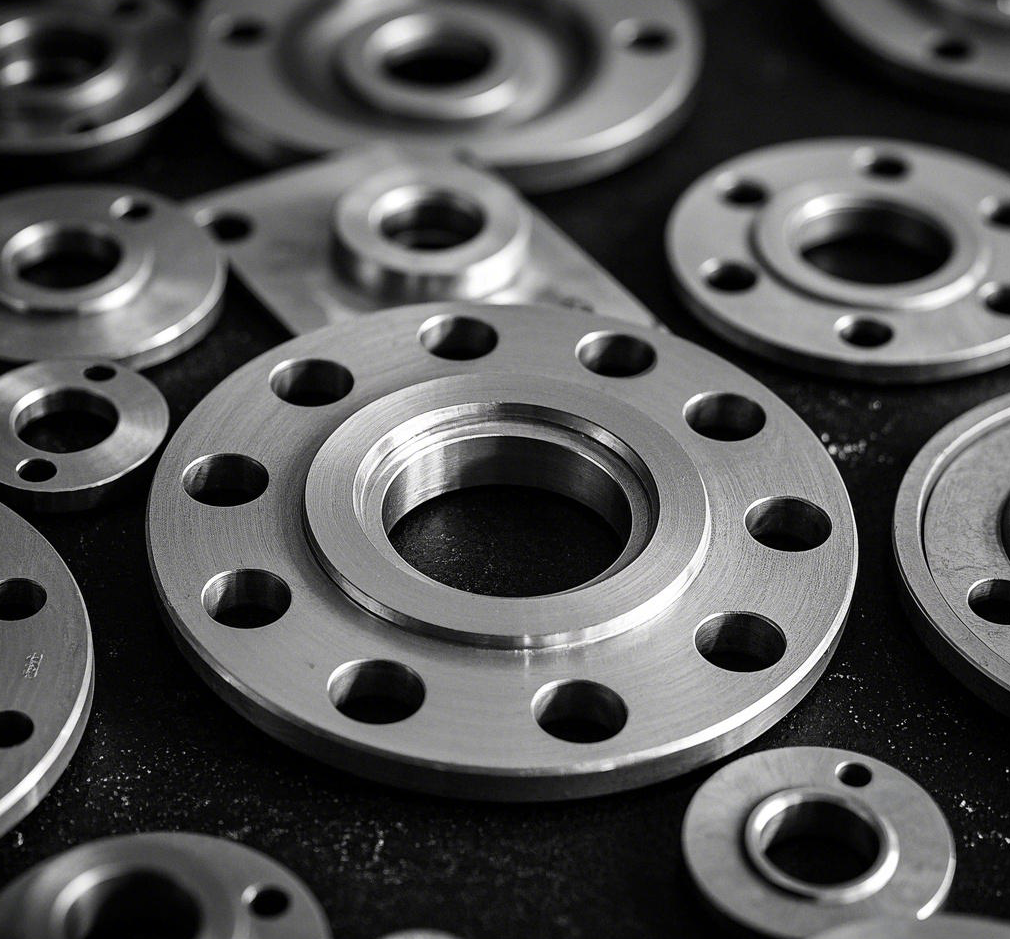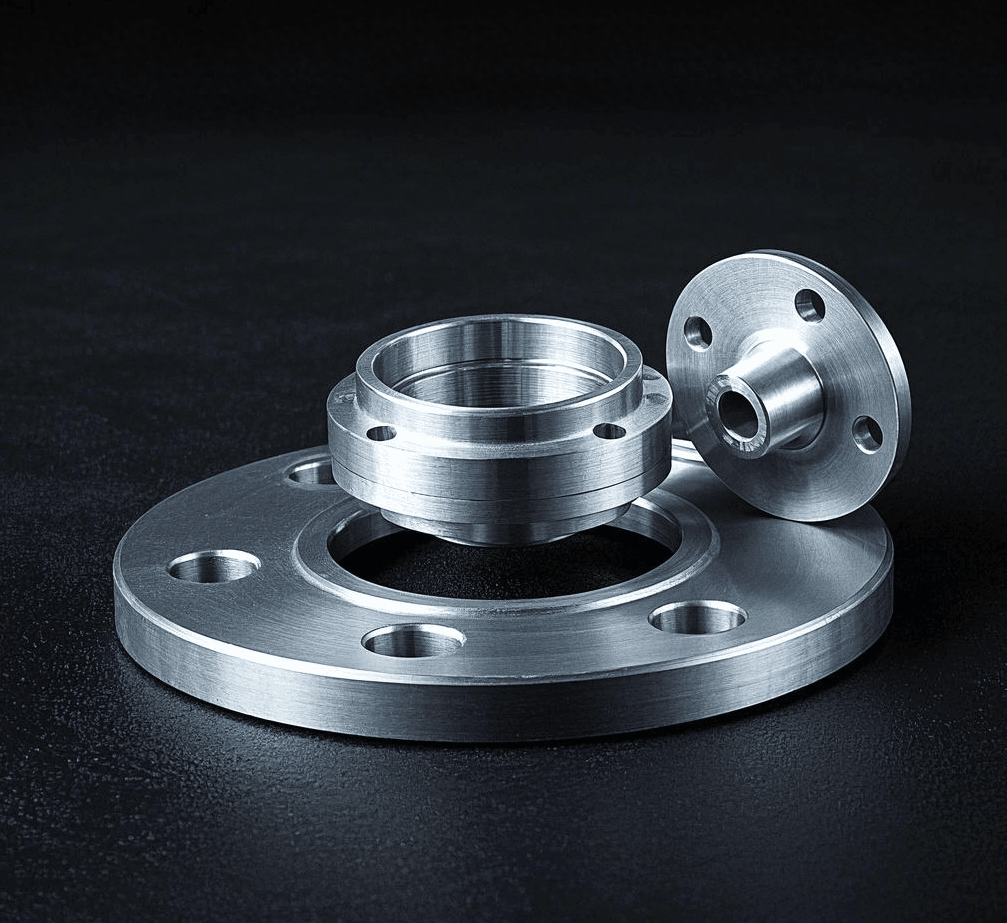Introduction: The Quest for Efficiency in Titanium Manufacturing
Manufacturing titanium components has always been a challenge due to the material’s high cost and the complexity of its machining processes. Near-net shape (NNS) forging addresses these challenges by producing components that closely resemble their final form, significantly reducing material waste and post-forging machining requirements. But why is this approach so significant, especially for titanium?
Near-net shape forging enhances titanium component production by reducing material waste, lowering costs, and improving efficiency, all while maintaining the superior properties of titanium.
Let me explain how this innovative process is transforming titanium manufacturing and its implications for various industries.
How Does Near-Net Shape Forging Work?
Near-net shape forging involves shaping titanium into a form that closely approximates its final design, minimizing the need for extensive machining.
Key steps include:
• Precision Forging Dies: Custom-made dies ensure that the forging aligns closely with the intended geometry.
• Controlled Forging Process: Advanced techniques maintain the desired dimensions and material properties.
• Minimal Machining: Only finishing touches, like fine-tuning dimensions or adding details, are needed post-forging.
This method is a game-changer for reducing waste and improving manufacturing efficiency.

Why Is Material Conservation Critical for Titanium?
Titanium is an expensive material due to its extraction and refining costs, making material conservation essential for cost-effective production.
Benefits of NNS forging:
• Reduced Scrap: By forging components close to their final shape, less titanium is wasted during machining.
• Cost Savings: Minimizing waste lowers raw material expenses and reduces the overall cost of production.
• Sustainability: Less waste means fewer resources are consumed, aligning with sustainability goals.
NNS forging offers a practical solution to the high cost of titanium by maximizing material utilization.
How Does Near-Net Shape Forging Improve Production Efficiency?
By reducing the need for extensive machining, NNS forging significantly streamlines the production process.
Key advantages:
• Shorter Lead Times: Less machining means faster production cycles.
• Lower Energy Consumption: Reduced machining translates to lower energy use during manufacturing.
• Improved Workflow: Fewer steps simplify the production process, improving overall efficiency.
The time and energy savings achieved through NNS forging highlight its importance in competitive industries like aerospace and automotive.
How Does NNS Forging Maintain Titanium’s Properties?
The forging process enhances titanium’s mechanical properties, and NNS forging ensures these benefits are preserved.
Key points:
• Optimized Grain Flow: Precision forging aligns titanium’s grains to improve strength and fatigue resistance.
• Consistent Quality: Advanced control of the forging process results in uniform material properties.
• Minimal Post-Processing Stress: Reduced machining minimizes the risk of introducing defects or stress concentrations.
The ability to maintain titanium’s superior properties while enhancing efficiency makes NNS forging an invaluable technique.

Why Is Near-Net Shape Forging Valuable for Complex Designs?
Titanium components often require intricate geometries, particularly in aerospace, medical, and energy applications. NNS forging accommodates these complexities with ease.
Key benefits:
• Design Flexibility: Custom dies enable the production of intricate shapes that meet specific requirements.
• Reduced Risk of Defects: Precision forging minimizes the chances of flaws common in complex machining processes.
• Higher Performance: Components are designed and forged for optimal functionality in their intended applications.
The ability to achieve complex designs efficiently is one of the most compelling reasons to adopt NNS forging for titanium.
How Does NNS Forging Support Industry-Specific Applications?
Different industries benefit uniquely from NNS forging’s advantages in titanium component production.
Examples include:
• Aerospace: Lightweight, high-strength components like turbine blades and airframe parts are produced with minimal waste.
• Medical: Precision implants and surgical tools require high accuracy and minimal material removal.
• Energy: Components for power plants and renewable energy systems benefit from reduced costs and improved durability.
NNS forging’s versatility ensures its relevance across diverse high-performance industries.
Claim: Why Near-Net Shape Forging Matters for Titanium
Near-net shape forging transforms titanium manufacturing by reducing waste, improving efficiency, and maintaining the material’s exceptional properties. This approach is essential for producing high-quality components in industries demanding precision and sustainability.
Conclusion: A New Era in Titanium Manufacturing
When I think about the advantages of near-net shape forging, it’s clear that this method is redefining how we approach titanium production. By reducing waste, saving time, and preserving the inherent qualities of titanium, it ensures that manufacturers can deliver high-performance components efficiently and cost-effectively. For me, NNS forging isn’t just a technological advancement—it’s a strategic innovation that meets the demands of today’s industries while paving the way for future possibilities.







One Response